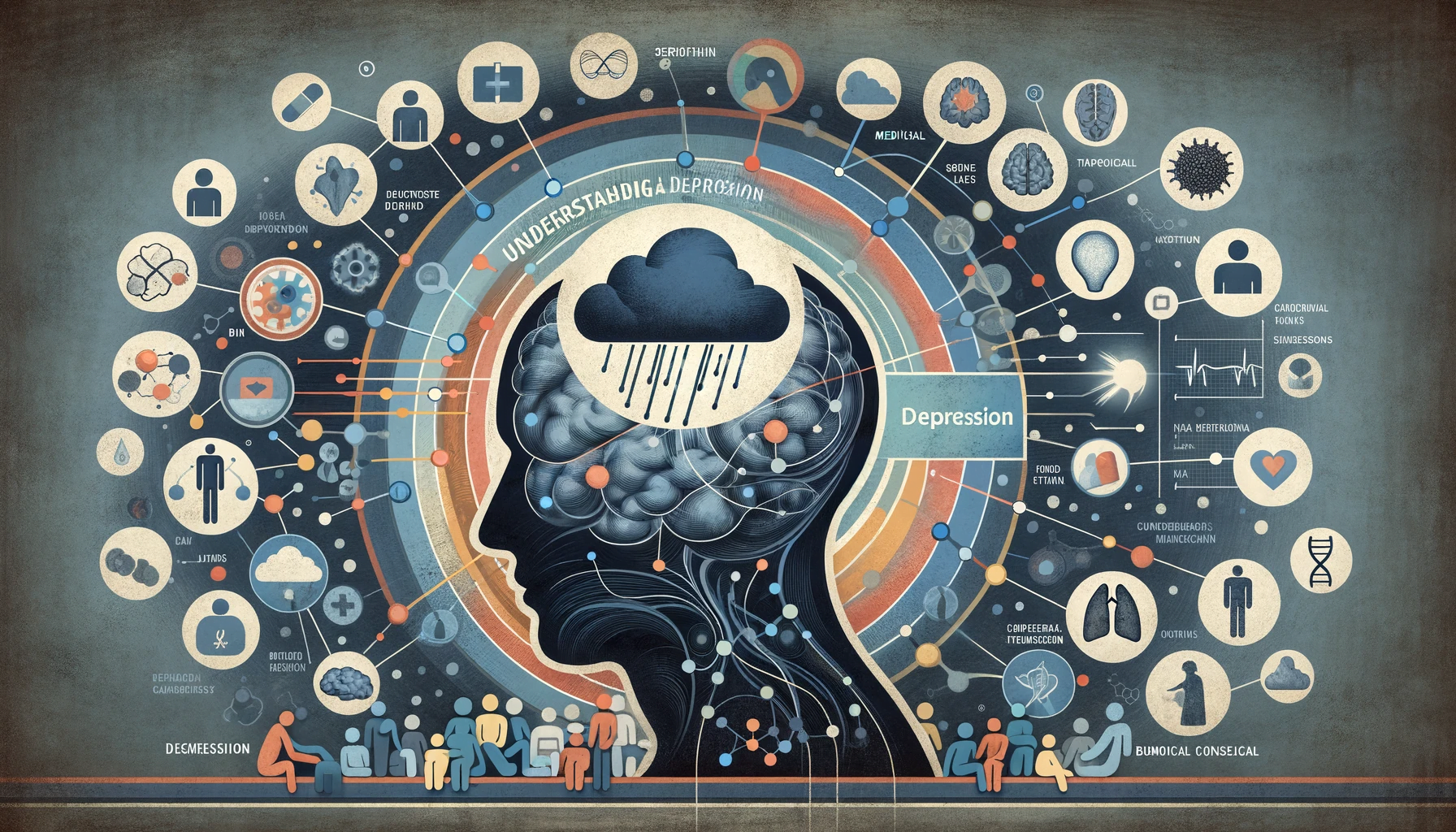Introduction:
In our fast-paced world, the ancient practice of mindfulness has been adapted into a structured program known as Mindfulness-Based Stress Reduction (MBSR). This method has gained widespread recognition for its effectiveness in reducing stress, anxiety, and depression, while enhancing overall mental health and quality of life. It combines mindfulness meditation practices with contemporary psychology to encourage a heightened awareness of the present moment. This article explores the principles of mindfulness, the structure and benefits of MBSR, and its profound impact on mental well-being.
What is Mindfulness?
Mindfulness is the practice of intentionally focusing one’s attention on the present moment — and accepting it without judgment. Originating from Buddhist traditions, it has been secularized and adapted for use in psychological interventions. Mindfulness involves being aware of our thoughts, emotions, bodily sensations, and surrounding environment with an attitude of curiosity and kindness.
Mindfulness-Based Stress Reduction (MBSR):
Overview Developed by Dr. Jon Kabat-Zinn in the late 1970s, MBSR is an 8-week program that incorporates mindfulness meditation, body awareness, and yoga to help people become more mindful. Participants engage in mindfulness practices during weekly group sessions and home practice. The core aim is to cultivate a non-judgmental awareness of the present moment, leading to greater calm, clarity, and acceptance.
The Components of MBSR:
- Mindfulness Meditation: Practices focus on breathing, body scans, and paying attention to thoughts and sensations without judgment.
- Yoga: Gentle stretching exercises and yoga are used to develop more body awareness.
- Group Discussions: Facilitate sharing experiences and learning from others’ journeys with mindfulness.
Benefits of MBSR:
Research and clinical practice have shown that MBSR can significantly impact mental and physical health. Benefits include:
- Stress Reduction: MBSR is particularly known for its ability to reduce stress, helping individuals manage various life challenges more effectively.
- Anxiety and Depression Relief: Regular mindfulness practice has been shown to reduce symptoms of anxiety and depression, leading to better mental health.
- Improved Attention: Mindfulness enhances concentration and attention, allowing for greater focus and clarity.
- Increased Emotional Regulation: Individuals learn to observe their emotions without getting overwhelmed by them, leading to greater emotional stability.
- Enhanced Quality of Life: By promoting a more attentive and appreciative approach to life, MBSR can lead to improved overall well-being and satisfaction.
Implementing Mindfulness and MBSR in Daily Life:
While the structured 8-week program is highly beneficial, the principles of mindfulness and techniques learned can be incorporated into daily life. This might include setting aside time for daily meditation, practicing mindful eating, or simply bringing greater awareness to everyday activities.
Challenges and Considerations:
While MBSR is widely beneficial, it’s important to recognize that mindfulness practice is not a “quick fix” but rather a skill that requires ongoing commitment. Additionally, while MBSR is generally safe, it may not be suitable for everyone, especially those with severe psychological conditions. Consulting with healthcare professionals before starting any new program is always advised.
Conclusion:
Mindfulness and Mindfulness-Based Stress Reduction offer a promising path to stress relief, mental clarity, and improved quality of life. As a testament to the human capacity for growth and change, MBSR embodies the transformative power of mindfulness practices. Whether you are coping with stress, seeking to improve your mental health, or simply wishing to live a more attentive and fulfilling life, mindfulness offers a valuable set of tools and perspectives.


